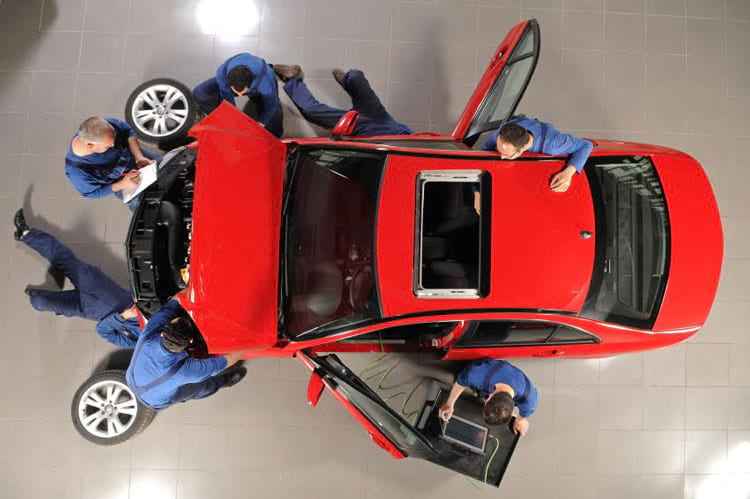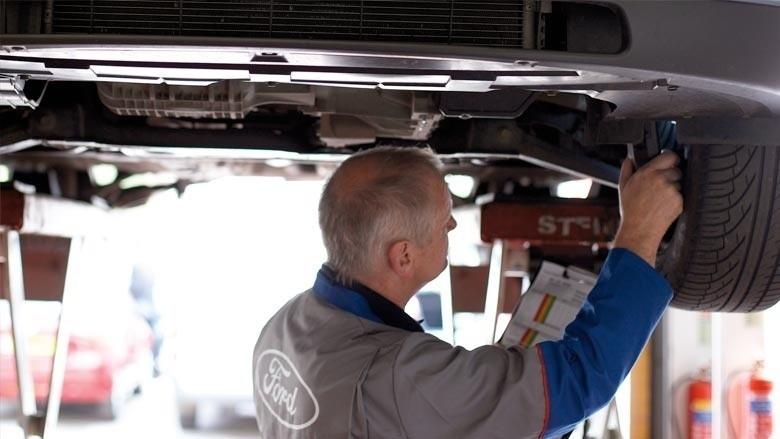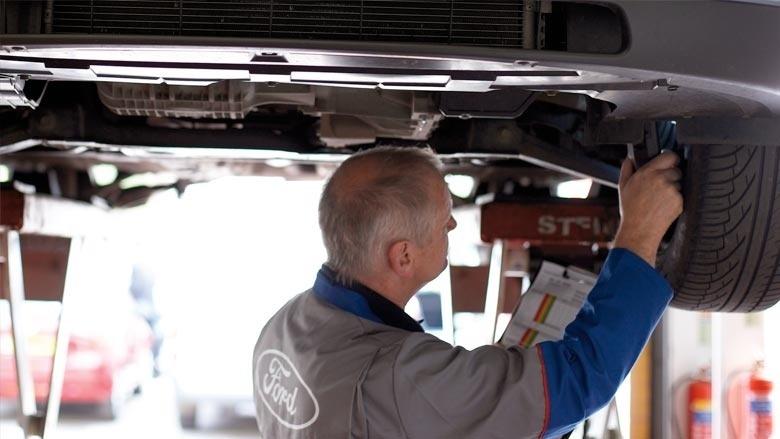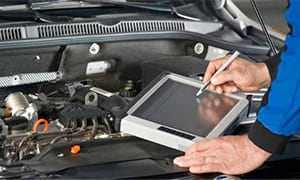The Skilling Australia Fund has been passed – a SAF note to Australian automotive businesses
Here it is Australian automotive managers: the Skilling Australia Fund (SAF) has finally passed the Australian Senate, and will very shortly be passed into law after receiving royal ascent. On currently available information, this means that the SAF levy – payable in big, nasty chunks whenever a technician is sponsored for a temporary or permanent visa – will go live imminently.
This introduction of the SAF levy will challenge the way Australian automotive businesses view international recruitment, and we’ll all need a bit of time to get our heads around the changes. After the initial burst of attention this proposed bill got earlier in the year when it was first heard in the Senate, we thought we’d take this opportunity to refresh everyone on what the SAF is, how we got here, and to discuss the implications.

Image sourced from Gippsland Times
What is SAF?
Essentially, the Australian government has now formally decided to place a non-transferable tax on all businesses that choose to sponsor foreign workers for temporary visas (like the new TSS 482 visa, a reformed replacement for the abolished 457), or for employer sponsored permanent residency visas. This tax will be collected in the name of training Australians to fill these same skills shortages in coming years in a bid to reduce our use of foreign labour, though the impact this might have in the automotive sector seems highly questionable.
As currently understood, the costs will be significant. A 4 year 482 visa is set to attract a $7200 SAF fee for most automotive businesses with annual revenues of more than $10 million, whilst employer sponsored permanent residency sponsorship will now require a further $5000 in SAF. It’s a brutal price hike.
How did this happen?
The Senate’s SAF committee report showed a strong thread of dissent for the bill from various sources, though none of them automotive. No one from our industry, which will be heavily impacted by this levy for our enduring (and unavoidable) reliance on foreign technicians, was able to muster a serious or sustained argument against this legislation.
The government has blithely pushed past well-founded concerns expressed by others that the proceeds of this levy are unlikely to be distributed and used in the manner intended. They have given scant regard to the seemingly obvious conceptual flaw in their plan, where businesses lodging less visas as a result of this price rise will erode the funding base for vocational education. This education is of increasingly questionable relevance to automotive in any case as more and more businesses turn to private organisations to help train their apprentices.
Perhaps most gratingly, they see no ethical conflict in slugging the SAF levy where Australian automotive businesses are already training apprentices. This despite the MTAA’s reported shortfall of approximately 20,000 technicians across the country at present, a massive failing of the local labour market for which private enterprise is now to be further penalised.
Dealing with it
It’s here now, and we’ll have to deal with it together. The SAF poses obvious challenges for Techs On The Move, which has always focused exclusively on bringing skilled automotive workers from overseas. We are set to roll out in the next few months a new business structure that will improve the quality of our services to our clients and give them more control, but will also reduce the expenses traditionally associated with international recruitment.
In the meantime, it’s worth mulling over what SAF means if your first thought was “well, that puts an end to us sponsoring any techs!”. Understandable as that impulse certainly is, we all know the cost of not resourcing from overseas is potentially huge when you’ve exhausted your search for local techs, spending thousands of dollars on jobs boards to get back very little in the process. No matter the size of your organisation, or the type or brand of vehicles you trade in, if one of your hoists stays empty you’re forfeiting income against the bottom line hand over fist. No one should accept that.
For forwarding-thinking businesses, the challenge then should lie not in justifying sponsorship in light of the introduction of SAF, but rather making sure that the technician you sponsor is worth the investment and will reward your boldness.
Hit us up
If you’ve got questions, or if you’d like to talk some more about SAF and what it means for your business as you continue to reach for targets, we’d love to hear from you.








